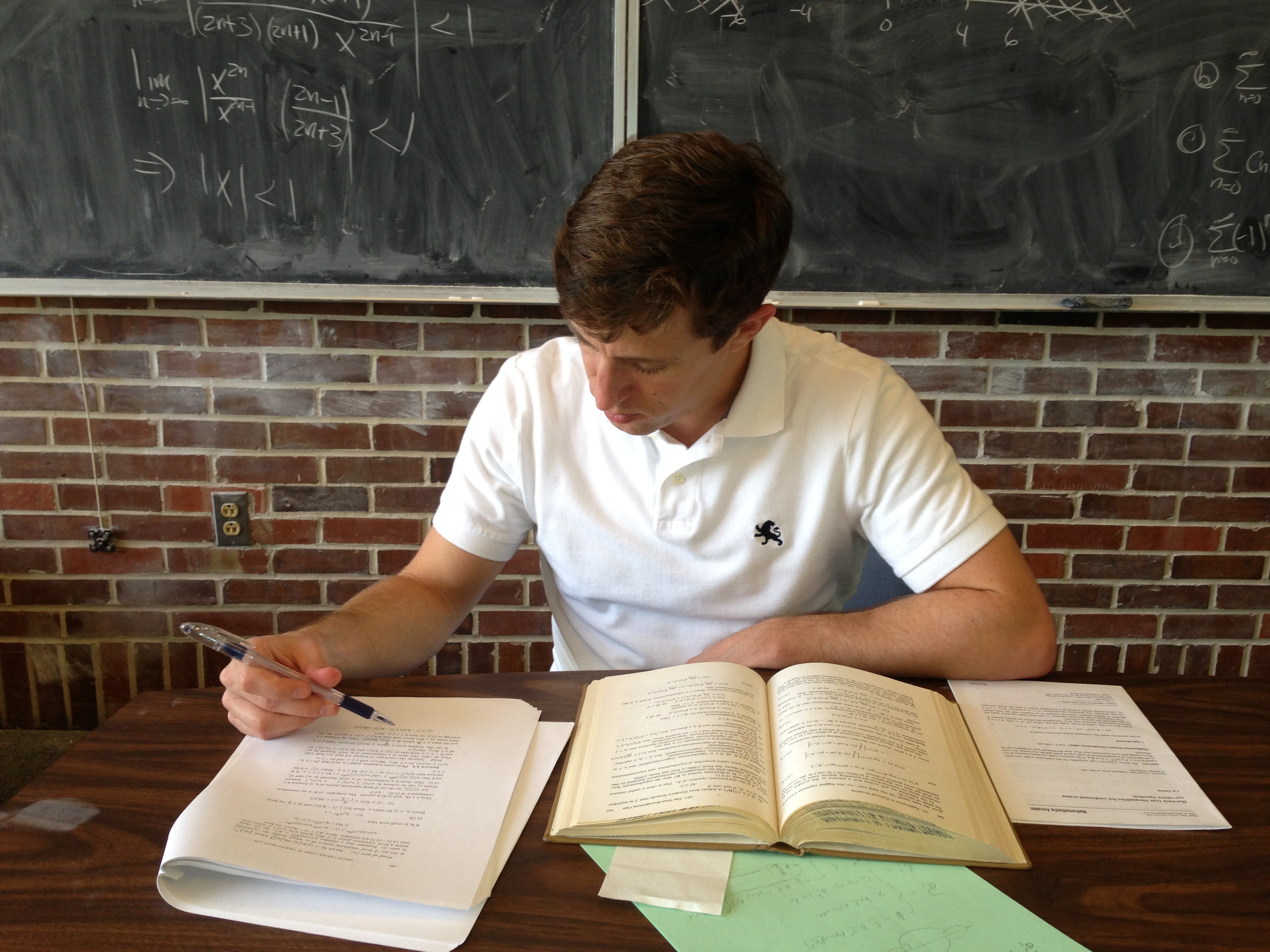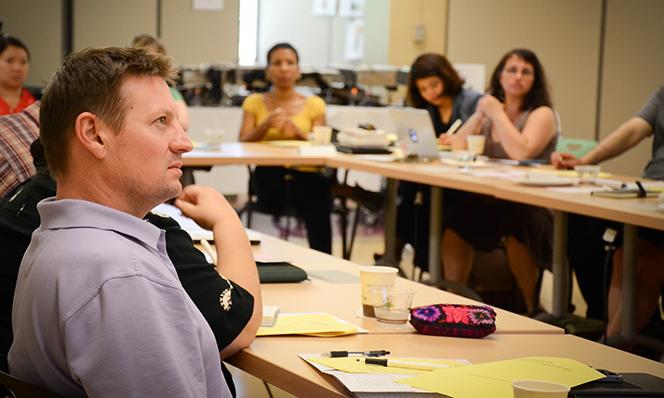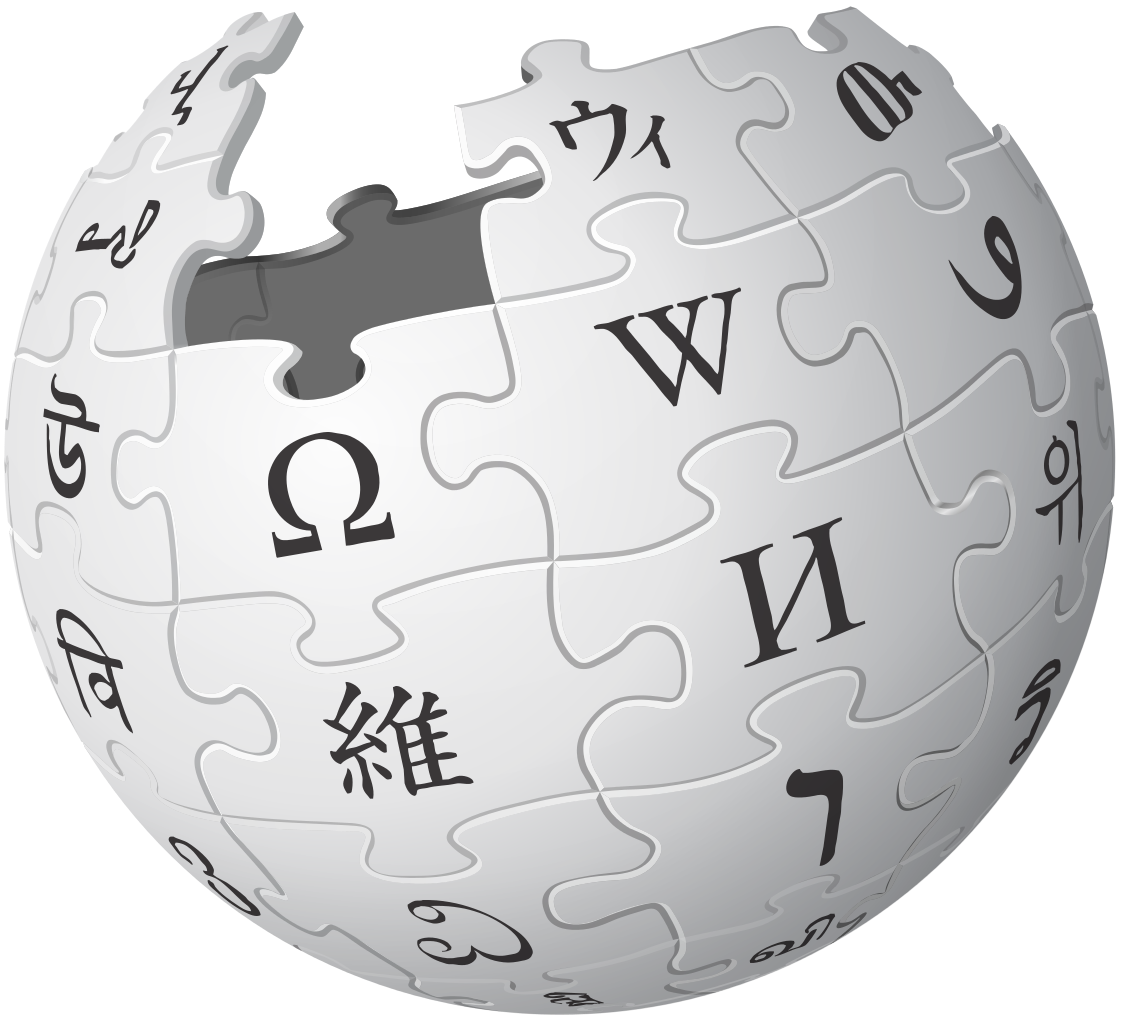Editor’s Note:
Writing Portfolio (n.) : Since the mid-1980’s, portfolios—collections of student writing that have been workshopped and revised during a term or over series of terms—have become a fixture in writing classes and programs across the US. These tools are useful for program assessment, but they may have a number of positive pedagogical effects as well, such as increasing students’ attention to the process of effective writing, attuning students to the importance of feedback and audience awareness, allowing students’ ideas (and so work) to mature over time, and presenting opportunities for metacognitive reflection.
For those interested, the following websites offer more information about the use of portfolios in support of undergraduate writing:
Washington State University, Junior Writing Portfolio
University of Massachusetts-Boston, Writing Proficiency Exam and Portfolio
University of Washington-Bothell, IAS Degree Portfolio
– Dr. Michelle LaFrance, Director of Writing Across the Curriculum
Editor, The Writing Campus
Portfolios in the Classroom: A Reflection
By: Cat Mahaffey
Cat is the Associate Director of First-Year Writing in the University Writing Program at the University of North Carolina, Charlotte. She teaches various levels of Writing and Inquiry in Academic Contexts. She is an avid blogger. Visit her teaching blog at catmahaffey.wordpress.com, follow her on Twitter @CatMahaffey, or email her at [email protected].





